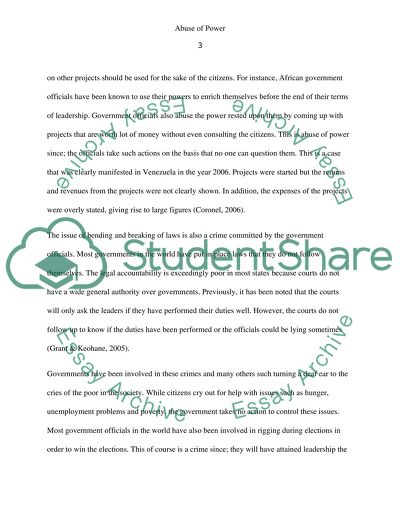Cite this document
(“Criminology Research Paper Essay Example | Topics and Well Written Essays - 2000 words”, n.d.)
Retrieved from https://studentshare.org/law/1465562-criminology-research-paper
Retrieved from https://studentshare.org/law/1465562-criminology-research-paper
(Criminology Research Paper Essay Example | Topics and Well Written Essays - 2000 Words)
https://studentshare.org/law/1465562-criminology-research-paper.
https://studentshare.org/law/1465562-criminology-research-paper.
“Criminology Research Paper Essay Example | Topics and Well Written Essays - 2000 Words”, n.d. https://studentshare.org/law/1465562-criminology-research-paper.


